Projects
CCBR typically has 15-20 ongoing projects and has completed over 450 projects since 1982. Each project is guided by our commitment to impacting social change in practical and powerful ways. We conduct research with people not on people, cultivating respect with communities at every step of the process.
Projects can be searched for using words from the project title or using the service area, theme, or date range for the project. You can also type 'Service Area' or 'Theme' into the search bar to get a list of options in each of these fields.
Projects
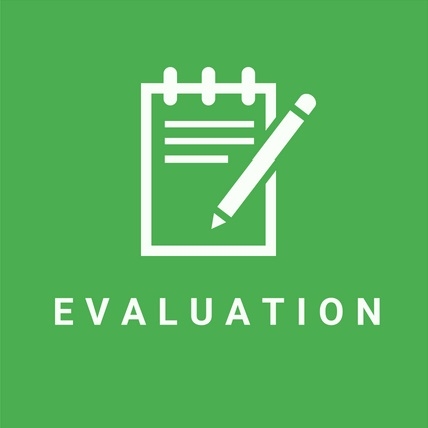
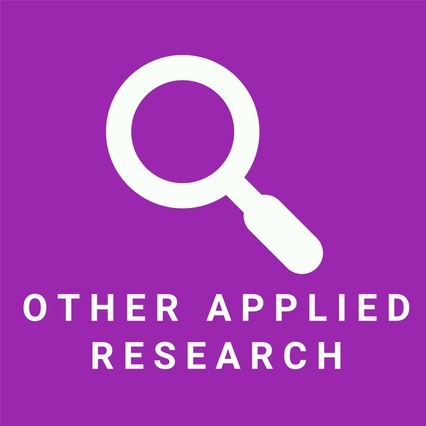
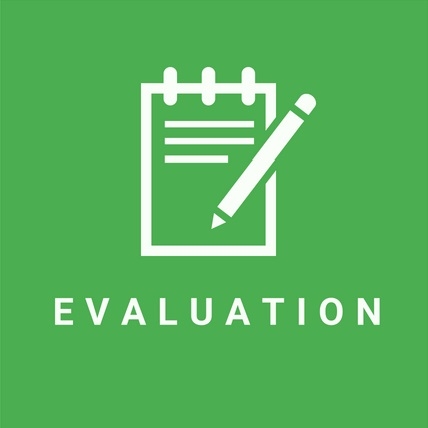
The Circle of Lifelong Learning Camp (CLL) was evaluated using surveys, focus groups, and sharing circles. The evaluation was funded by the Waterloo Indigenous Student Centre at St. Paul’s University College.
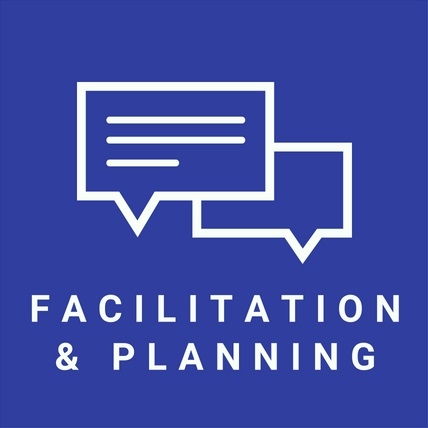
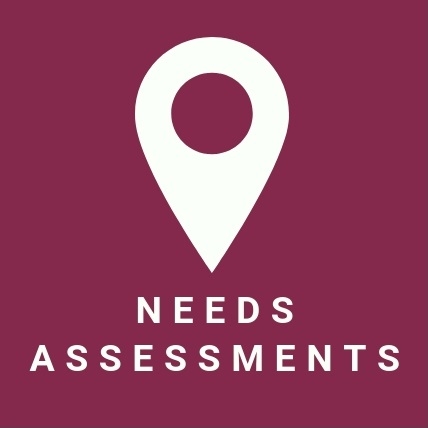
CCBR conducted a needs assessment and action plan for a Family Healing Centre and Land-Based Healing services operated by the Shibogama Health Authority.
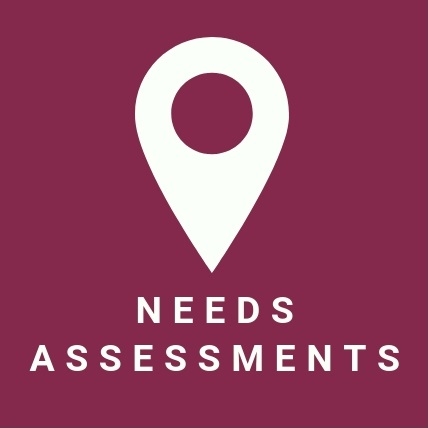
The purpose of the needs assessment was to understand and assess the housing and accommodation needs of people in Thunder Bay who use substances, and to develop a community plan to address the needs identified. The needs assessment was funded by City of Thunder Bay.
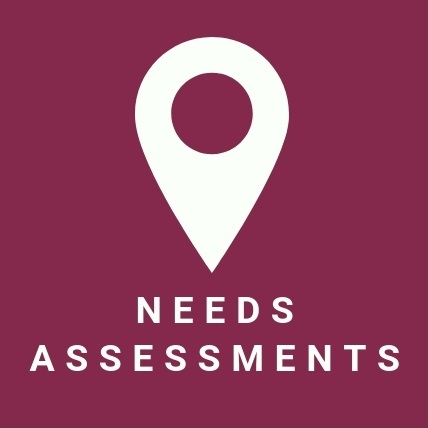
CCBR worked with CAMH in three communities (Hamilton, Kitchener/Waterloo and Timmins/Cochrane) to identify, review, and synthesize existing information about mental health system gaps within each community related to transition. The assessment was funded by Centre for Addictions and Mental Health (CAMH).
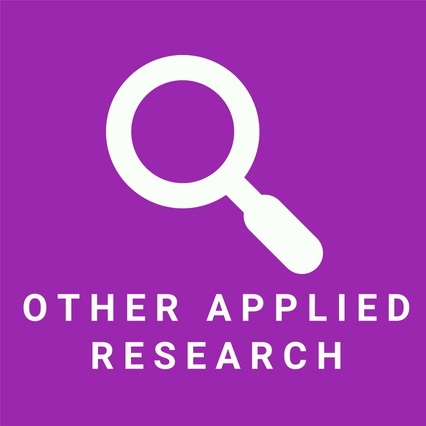
CCBR was asked to provide ‘snapshots’ of systemic barriers that diverse communities face in accessing Region of Waterloo's services and programs. Interviews were done with individuals representing nine diverse groups: immigrants and refugees, LGBT folks (lesbian, gay, bi-sexual, and transgender), people living with disabilities, Indigenous people, people living in poverty, rural residents, seniors, youth, and women.
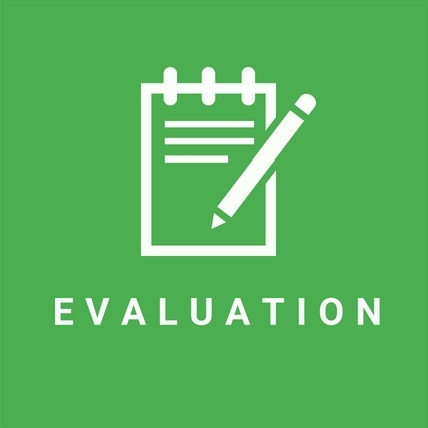
CCBR worked with UW D.I.R.E.C.T.I.O.N.S, a post-secondary information and career readiness conference for Indigenous Youth across Ontario sponsored by St. Paul’s University College. CCBR’s mandate was to: strengthen conference tracking, engage Indigenous youth who participate in the conference, and evaluate its effectiveness.
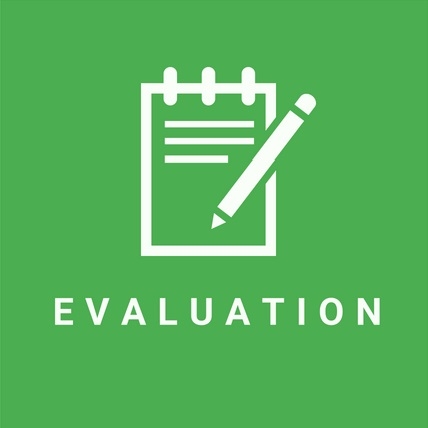
CCBR developed an evaluation framework for the Young Women’s Christian Association (YWCA) Toronto Elm Centre, a 300-unit supportive housing complex for low-income women and their families, for women living with mental health and addiction issues, and for families of Indigenous ancestry. CCBR conducted an evaluation of an innovative staff training and capacity building initiative to support the implementation of services within the Elm Centre.
